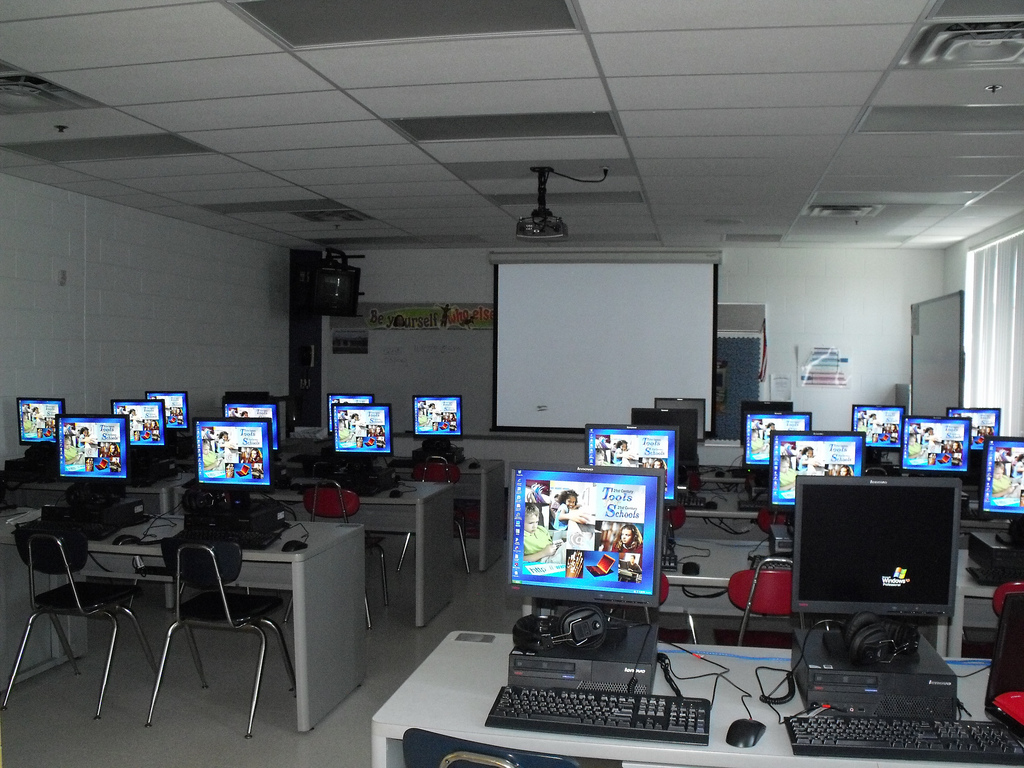New Reforms in Computer Science will Examine Teacher’s Skills

As a new National Curriculum says children in schools will start learning the principles of computer programming from kindergarten. But there are concerns teachers would be seriously unable to go through the ambitious reform agenda without meaningful retraining.
The new technologies Curriculum gives a considerable boost to the role of computer science in primary and secondary school education. Some of the authors of the Curriculum said students would be taught to write computer code from year 3 which should give them a competitive edge in the emerging digital economy.
In general, code is a set of instructions used to manage computer software.
The British Government announced it would become the first country to mandate computer programming in its schools.
On the other hand, Australia’s new curriculum was ”reasonably comparable” to Britain’s and ”has kids at least starting to get some of the ideas of programming right from kindergarten”.
Making teachers competent and confident enough to teach the content would be the main challenge.
There are over 9000 schools in Australia. Experts believe teachers in each of those schools should be capable to transfer their technical knowledge and skills and also the philosophical underpinnings of computer science.
Indeed, it is a huge job to get everyone up to scratch on this stuff. Basically, this is a very significant challenge, because many specialist teachers can not do everything that’s in the Curriculum.
It is up to the states and territories to decide whether or not they implement the Curriculum. It is just a waiting game to find out what happens and what decisions they make.
 Follow
Follow
As a senior Maths/Physics teacher, the concerns that “many specialist teachers can not do everything that’s in the Curriculum” will become very significant when the senior curriculum is introduced in 2015/6. Having spent most of my professional career outside secondary education and with a first degree in Engineering, I am relishing the thought a more academically rigorous Maths/Physics curriculum here in Queensland. However, I can already see problems arising from the National Curriculum up to grade 10: the new 10 Advanced Maths program is beyond Maths teacher with little or no STEM background. Similar problems arise in the 10 Science program.
Upgrading teachers’ knowledge to deal with the new curriculum is a huge job – and one which appears to be on the “don’t ask, don’t tell” list for our political masters. It is also a solution that has serious limitations: sufficient knowledge to teach the new curriculum is not going to provide the depth to handle the needs of the brighter students’ inquiring minds. This risks turning such students off Maths/Science – a national disaster we cannot afford.
The only long term solution to this is to make a teaching career attractive to people of all ages who have a strong background in Maths/Science – and that requires a significant rethink of teaching, teacher education and teaching career structure(s) which appears on no radar of which I am aware.